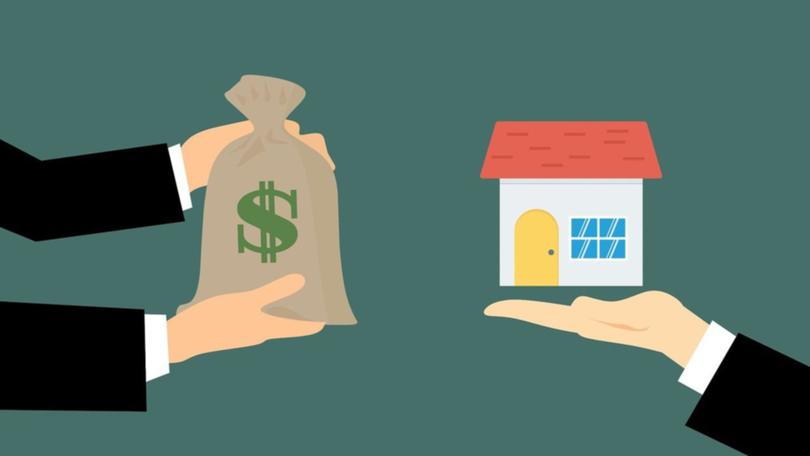Stamp duty costs climb as home buyers struggle to save
Market analysis has revealed the rising cost of stamp duty on property purchases, and its impact on people trying to break into the housing market.

Saving for a house deposit is hard enough but it turns out other associated costs are soaring too, making home ownership more elusive.
States and territories charge buyers stamp duty on most property purchases.
The tax is up to six times more expensive than it was a generation ago, property analysts have found.
Sign up to The Nightly's newsletters.
Get the first look at the digital newspaper, curated daily stories and breaking headlines delivered to your inbox.
By continuing you agree to our Terms and Privacy Policy.Researchers at PropTrach and the e61 Institute have crunched the numbers on stamp duty.
The figures are most stark in Melbourne, where stamp duty on a median-priced home is about $44,500 or six months of post-tax income for average full-time workers.
That’s an increase of more than six-fold compared to four decades ago and the biggest leap of any capital city.
Buyers in Sydney must save about $44,500 to cover stamp duty costs, which is 5.4 times higher relative to incomes than it was in the early-to-mid 1980s.
The stamp duty burden is lower in Brisbane but investors still need to set aside 3.7 months of income and owner-occupiers must squirrel away 2.7 months’ worth of wages, which is 5.5 times higher than four decades ago.
For buyers in Canberra, Darwin, Hobart and Perth, stamp duty is about three to six months’ worth of after-tax income.
There are various exemptions on stamp duty across the nation, often depending on whether it is for a first home, a new build worth less than a certain amount or a deceased estate.
In NSW for example, first home buyers can get a full or partial exemption if they pay less than $1 million for their property and the owner lives there for at least 12 months.
Nick Garvin, a research manager at economic think tank e61 Institute, said the cost of stamp duty was unlikely to impact overall house prices.
But increases in the state-based tax made it significantly harder for first home buyers to get onto the property ladder.
PropTrack senior economist Angus Moore said stamp duty was costly and inefficient, arguing it discouraged people from moving to homes that suited them.
“While the rise has largely been incidental, rather than an intentional increase in tax rates, stamp duty reform is critically needed to allow the property market to operate more efficiently,” he said.
Dr Garvin said overhauling stamp duty had the potential to ease pressure on individuals and the economy.
“Housing affordability and availability is without a doubt a challenge of our time,” he said.
“Governments and policymakers must consider the unpopularity of stamp duty, and the indirect impacts stamp duty has on various other parts of the economy and people’s lives.”
More than a third of the 3000 people polled by the McKinnon Foundation in 2023 were in favour of abolishing stamp duty, with respondents suggesting the overall cost of housing impacted their life plans including having children or changing careers.
“If you’re preventing people from freely moving into other jobs when they want to, you’re actually putting a bit of a drag on economic growth,” Dr Garvin said.
The ACT has outlined a 20-year plan to abolish stamp duty by gradually lifting concession rates, but no other jurisdiction has followed suit.
